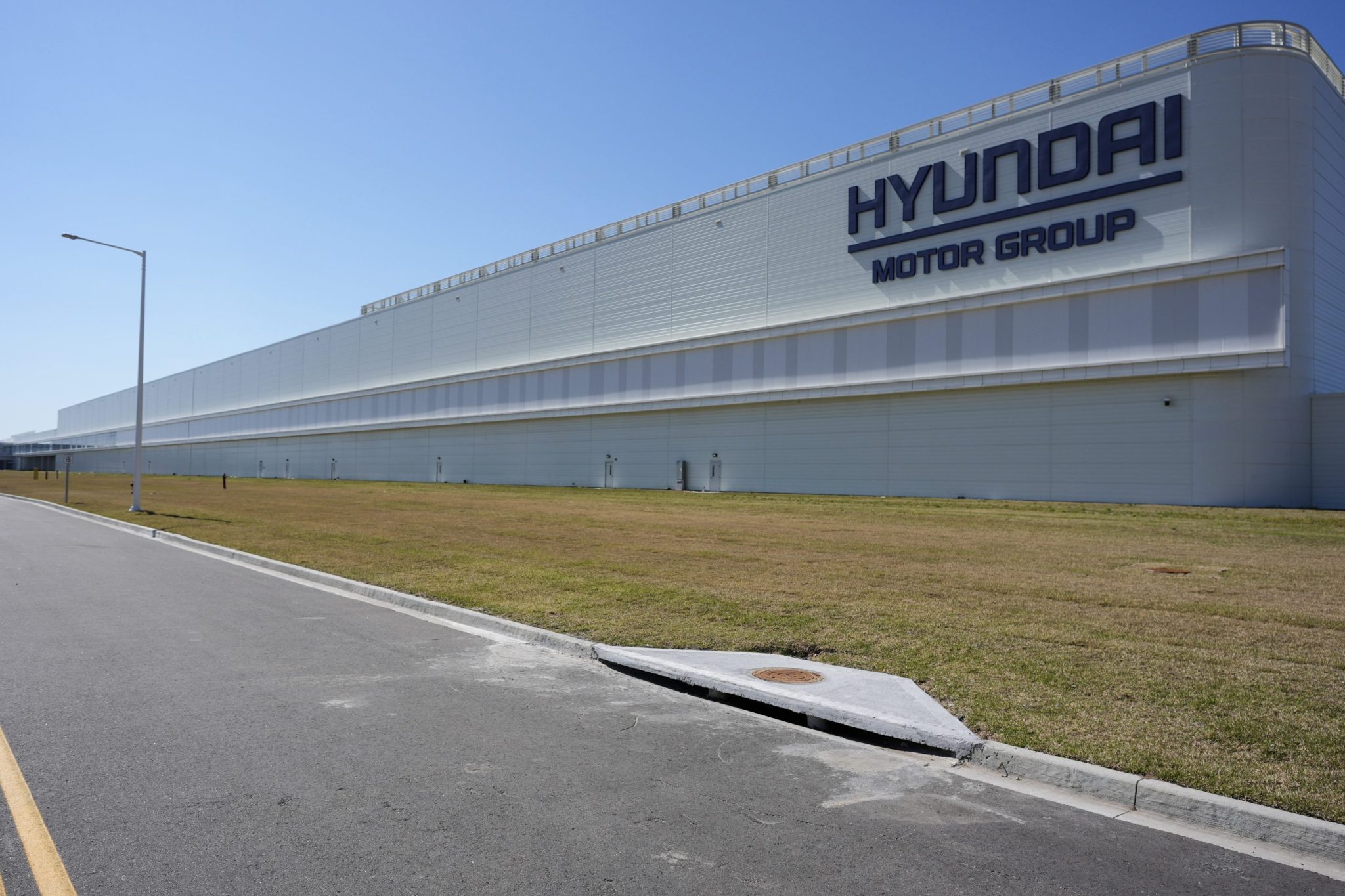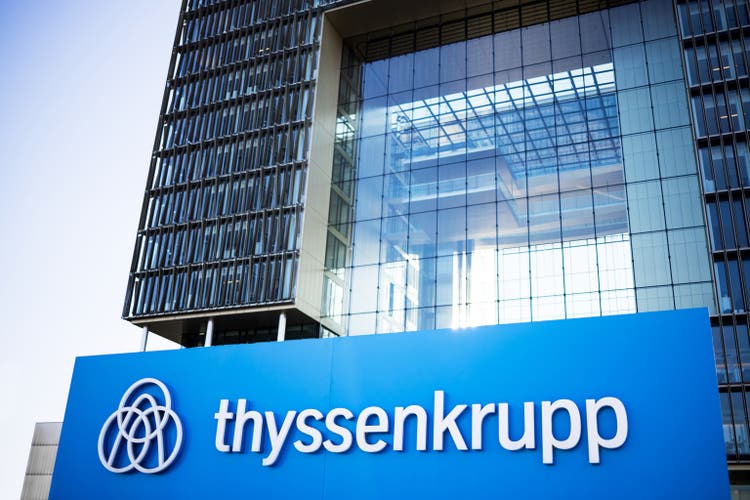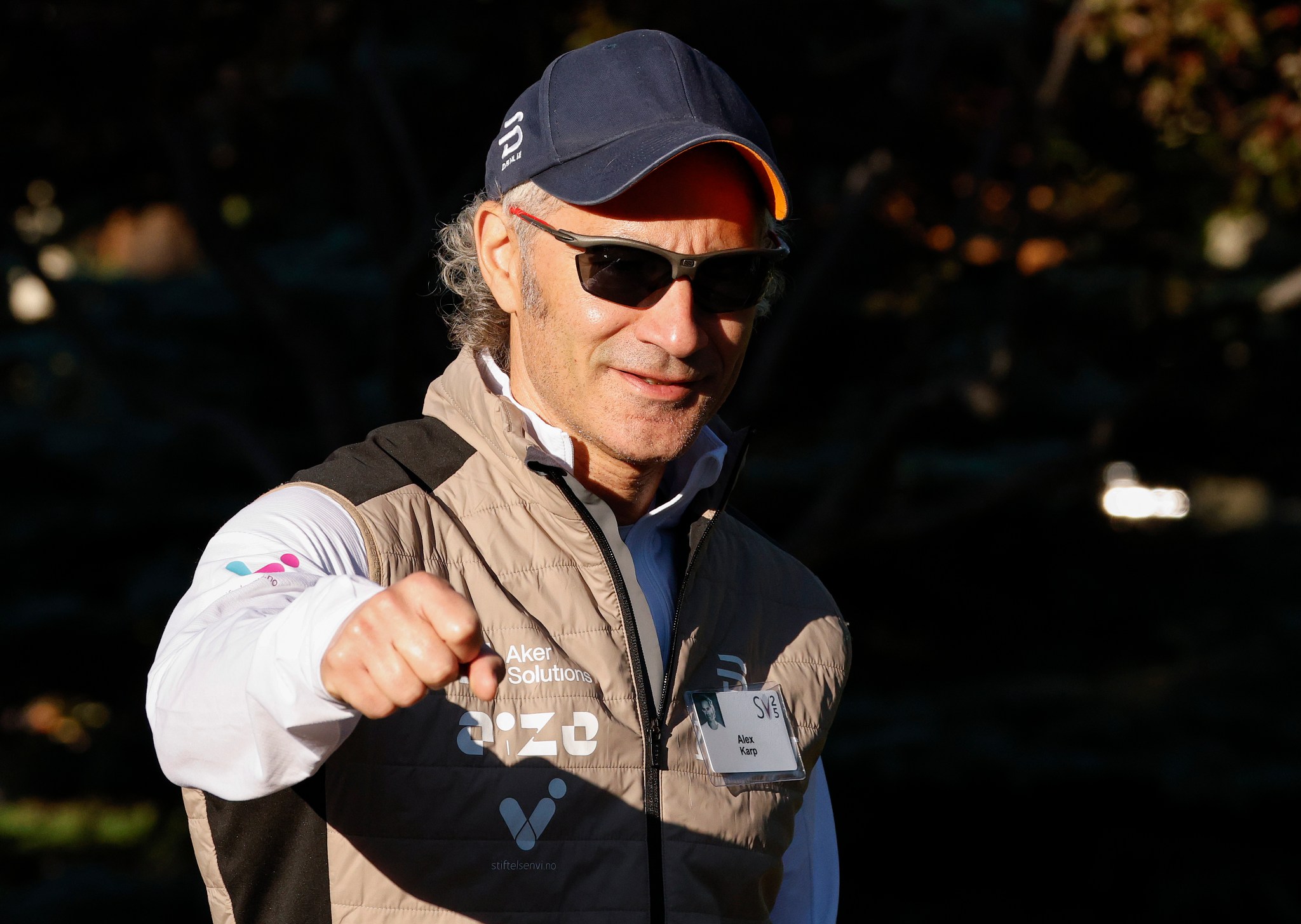Carnival Cruise Line has piloted over 100 different generative artificial intelligence projects. And while only six are in full production today, the cruise line operator’s chief information officer is pleased with the company’s measured progress.
“We have limited, for the time being, the number of tools that are available,” says Sean Kenny, who has served as CIO since 2017. “What we wanted to do was not have science experiments everywhere.”
Kenny says that Carnival Cruise Line established an AI governing body that meets monthly to determine which use cases should get capital funding, track progress during the piloting phase, and sign off on when an application of generative AI is ready for broader adoption.
Carnival Cruise Line’s generative AI adoption strategy is independently operated from the company’s other brands, which includes Holland America and Costa Cruises. Each division has been empowered to individually navigate their technology roadmap.
In his role as CIO, Kenny says part of his job is to bring employees along the adoption journey, promoting training courses offered from AI providers like Microsoft and corporate hackathons. He says one-on-one coaching is more effective than group sessions.
“Nobody wants to look dumb, especially if your boss is sitting at the table with you,” says Kenny, of the hesitancy he’s observed in AI group training sessions. Carnival’s employees can also reach out to a centralized AI team to ask questions if they get stuck while trying to use these relatively new AI tools.
One generative AI use case that Carnival has deployed is a tool that can help personal vacation planners, the company’s travel agents, answer guest questions. Another application of AI that Kenny is excited about is a tool helping servers make more appropriate recommendations for the perfect red wine to sip with steak. What Carnival hopes to see from the latter is an increase to the company’s net promoter score, a closely watched customer satisfaction metric that cruise lines, restaurants, retailers, and other consumer-focused companies track.
Kenny says he’s tapped the expertise of big tech giants like Google, Microsoft, and IBM for Carnival’s AI journey, but is also keeping a close eye on emerging players, especially in the cybersecurity arena. “We’re trying to be open minded to the startups,” he says. “I think it’s important for business and IT leaders to be open to the new players.”
While cruise line operators are enjoying a surge in popularity after the pandemic badly battered the industry—and Carnival itself reported an all-time high of $25 billion in annual revenue in 2024—investments in AI and other technologies could make travel by ship even more desirable.
Kenny says the technology will be especially powerful when it comes to personalization. A guest that books a Jamaican jerk chicken cooking excursion class may also be interested in a wine tasting on the boat. “In terms of the guest experience, it shows us trying to connect the dots,” says Kenny, who also cautions that Carnival doesn’t want to go overboard and be too pushy.
Kenny is closely monitoring other emerging technologies, including an ongoing test of a robotic tool that can comb through leftover food and remove foreign materials like plastic, glass, and wood. This allows Carnival to crush leftovers and pulverize it into literal fish food that can be dumped into the sea. Previously, this work was exclusively done by human hands.
Kenny is also excited about the prospect of using augmented reality and virtual reality technologies to improve training and to monitor and adjust the settings of the large diesel engines, which are so loud that they make in-person work extremely unpleasant. There aren’t any solutions available on the market that Carnival thinks are ready for adoption, but the company is keeping a close eye on progress from vendors.
What’s further along is the company’s WiFi capabilities. A decade ago, Kenny says most travelers expected that any hotel they’d check into would offer internet access, even if they had to pay extra for it, but that this expectation of connectivity wasn’t always true on a cruise ship. That’s been evolving and Kenny has mostly solved the issue by leveraging SpaceX’s Starlink and other providers to deliver far more steady internet access while at sea.
Better WiFi has allowed Carnival to upsell, giving travelers more access to an app where they can book excursions like snorkeling or visiting a historic cultural site when the boat lingers in a port. Excursions are an extra revenue boost for cruise operators like Carnival and AI-enabled travel recommendations, Kenny says, could make these journeys even more alluring.
“I don’t need my tool to go into the world wide web to pick out data and present it to you,” he says. “We can rely on our own terabytes of data.”
John Kell
Send thoughts or suggestions to CIO Intelligence here.
This story was originally featured on Fortune.com

 2 days ago
1
2 days ago
1













 English (US) ·
English (US) ·